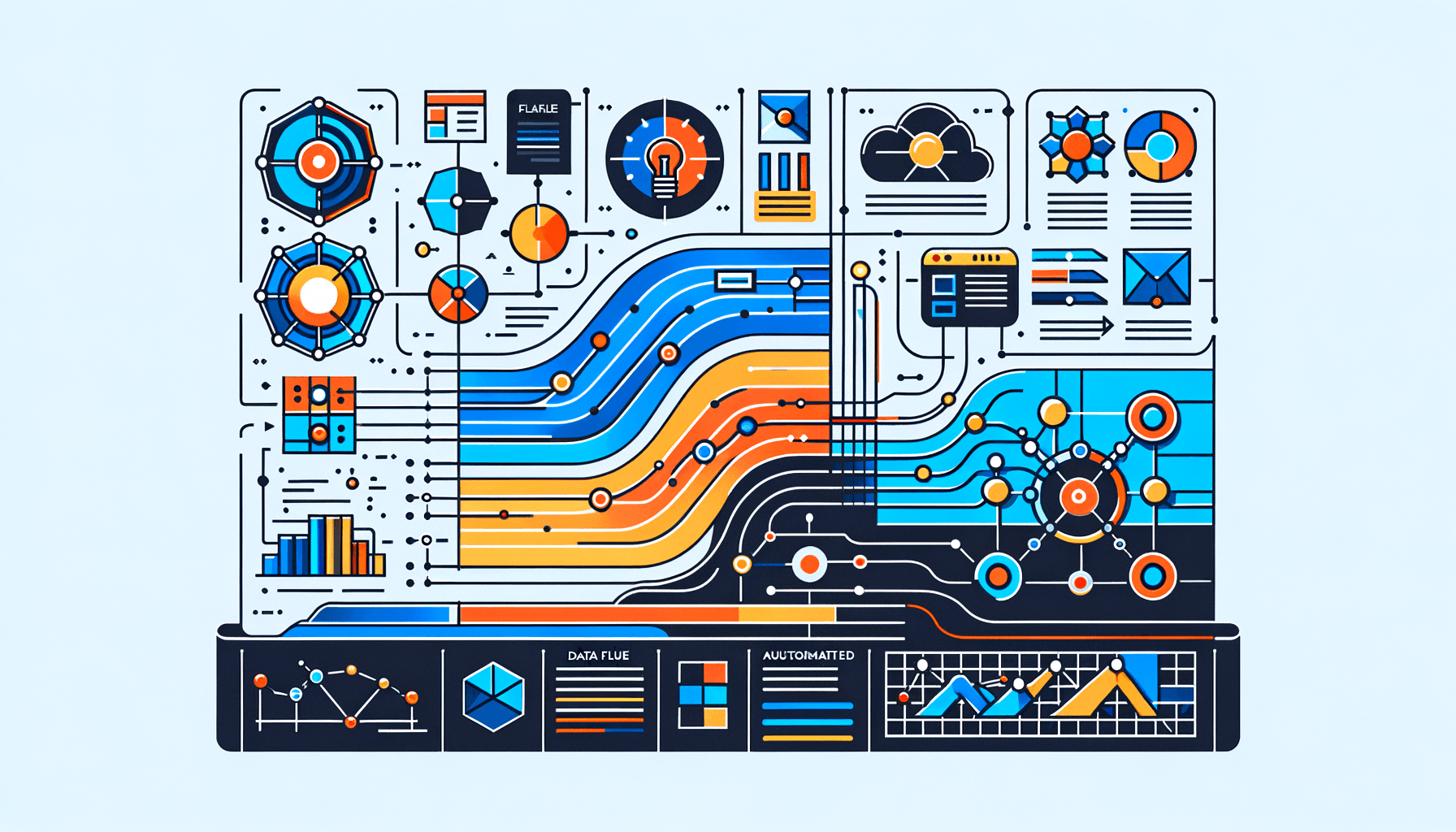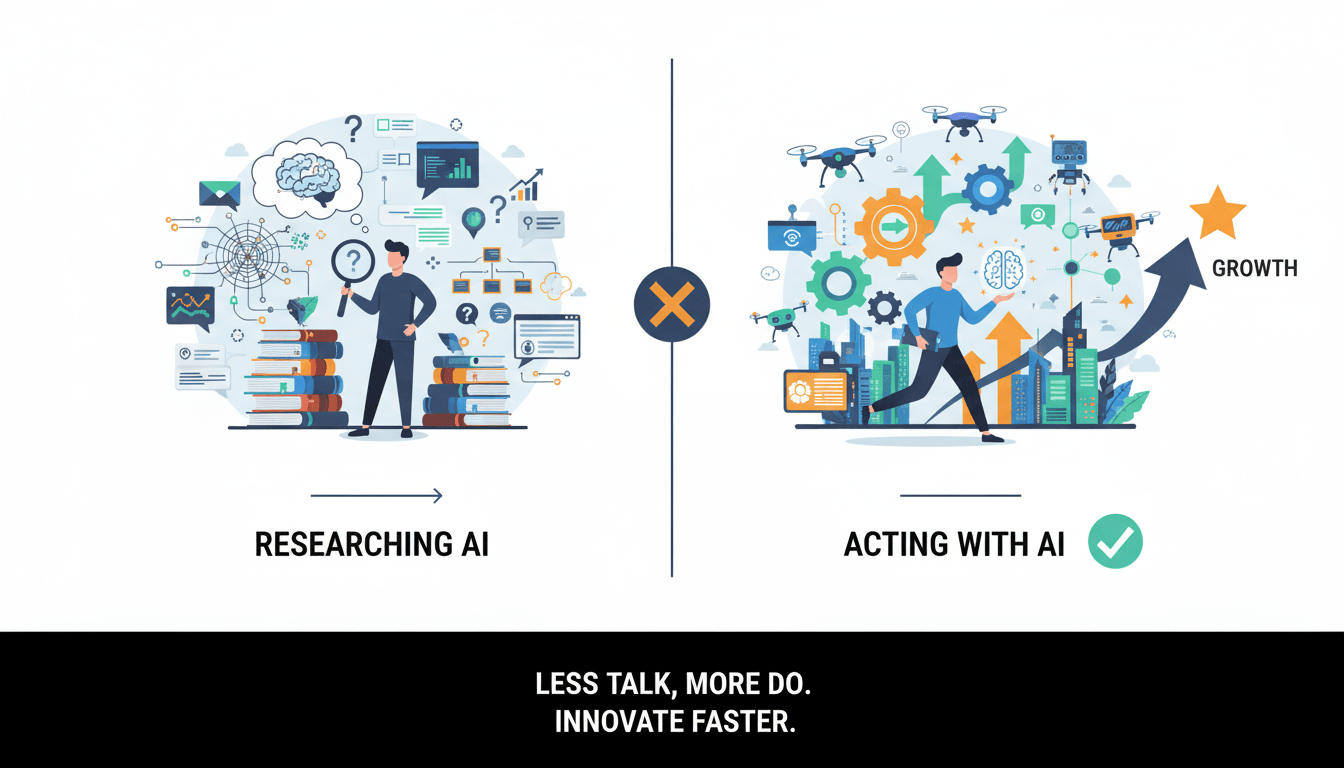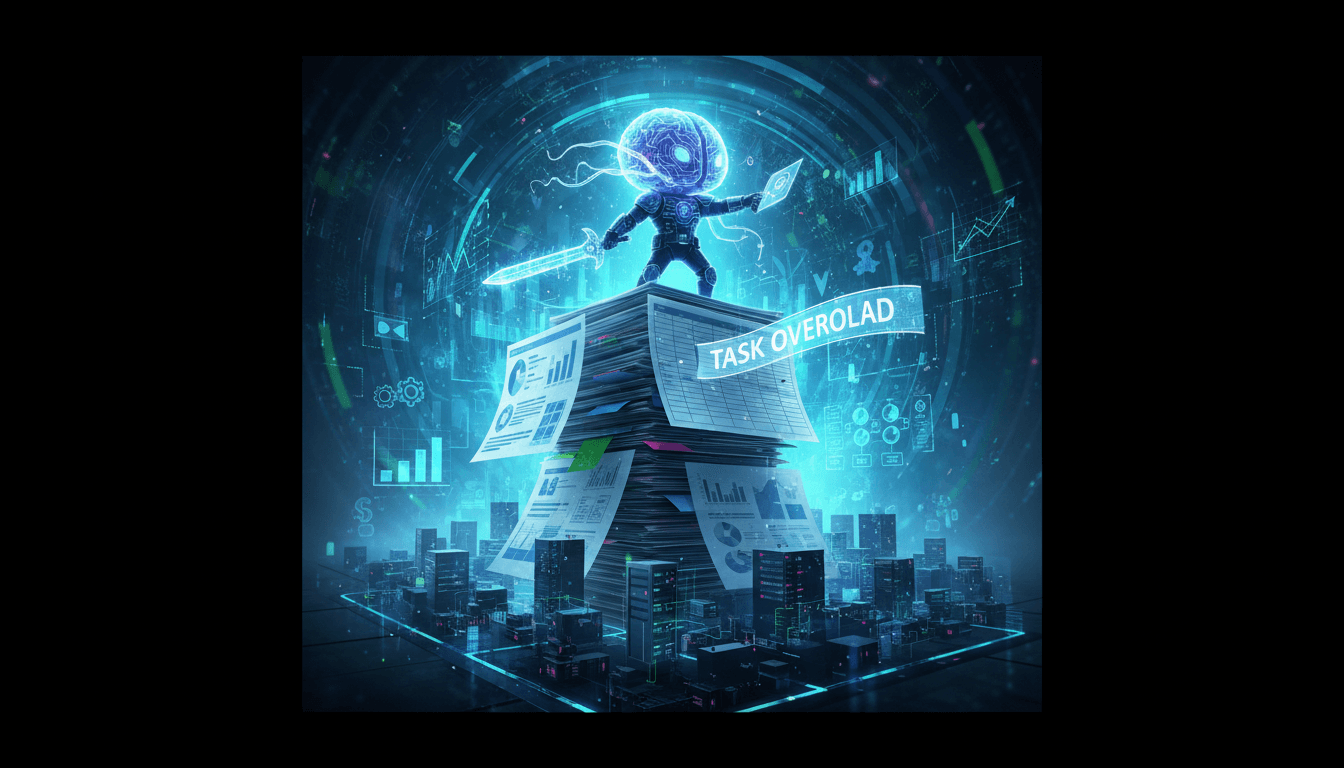
Creating Skills to Automate Your Business Processes: A Practical Guide for SMB Success in 2025
Discover how small and medium businesses can create powerful automation skills to streamline operations, reduce errors, and free teams for higher-value work using accessible low-code platforms and AI-powered tools.





